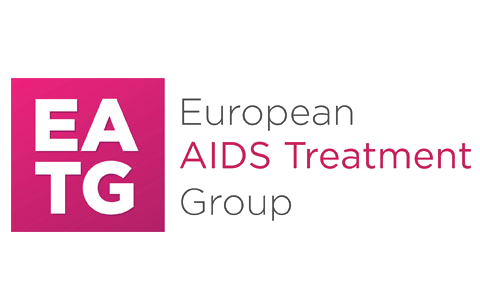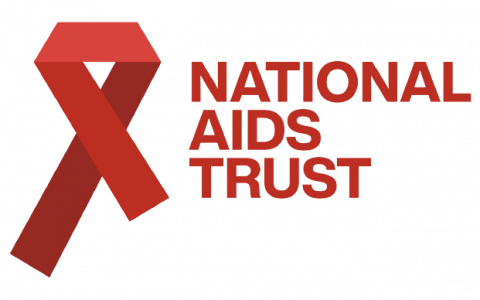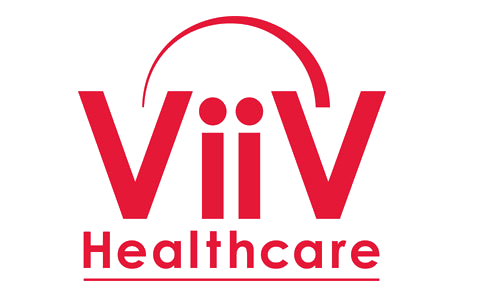Case Study
Spain – The Social Pact for Non-Discrimination and Equal Treatment Associated with HIV

-
Context
People living with HIV (PLHIV) in Spain are a group that lives in a social context where prejudice and discrimination against them are a documented reality. These prejudicial attitudes are translated into different forms and expressions of stigma that range from the most intimate to the most institutional. The stigmatisation of PLHIV starts from the origins of the infection. The perception of the seriousness of the infection, erroneous beliefs about transmission through social contact, and the attribution of blame, lead people living with HIV to face rejection. This can have a profound negative affect on their lives. In addition, PLHIV are a heterogeneous group, with interacting characteristics such as gender, age, sexual orientation, and nationality, among others, that expose them to overlapping stigmas. Stigma has significant negative consequences on the health of PLHIV, having a direct impact on the high levels of anxiety and depression they suffer, on their social isolation, and on their quality of life1,2. -
Introduction
The Social Pact for non-discrimination and equal treatment associated with HIV is a pioneering initiative at the national level that aims to eliminate the stigma and discrimination associated with HIV and AIDS, “guaranteeing equal treatment and opportunities, non-discrimination, respect for fundamental rights and diversity for people with HIV”. This Pact, promoted by the National AIDS Plan of the Ministry of Health, was developed in collaboration with all social and institutional agents involved in the response to HIV. -
Aims
This document sets a general objective of eliminating stigma and discrimination along with specific objectives developed for its achievement. -
Method
These objectives seek to be met by defining the following lines of action:
- Promote equal treatment and opportunities for PLHIV infection: monitor situations of discrimination; ensure that medical certificates do not include serostatus as an indicator of infectious disease; promote equal access to benefits and services; extend guarantees of legal protection; promote policies to avoid discrimination in employment; respond to situations of discrimination produced from the health field; ensure access to assisted reproduction techniques and adoption; and promote the free movement of PLHIV.
- Work towards social acceptance: reduce social stigma; prevent HIV stigma and discrimination in the educational field; guarantee the right to privacy and intimacy of those living with HIV.
- Reduce the impact of stigma on PLHIV by promoting their empowerment.
- Generate knowledge to guide policies and actions against discrimination by regularly conducting studies that provide relevant information in this regard.
-
Results
The Pact is reviewed by a body formed by the signatory entities and social groups. The monitoring of, and adherence to, the Social Pact can be done via its web page https://pactosocialvih.es/ -
References
1. Logie, C. & Gadalla, T. M. Meta-analysis of health and demographic correlates of stigma towards people living with HIV. AIDS Care.2009; 21, 742-753 .
2. Fuster-RuizdeApodaca, M. J., de Benito, E., Poveda, A., Rohlfs, I. & Sampedro, E. Social dimension of HIV and state response. Infectious Diseases and Clinical Microbiology 2018.36, 10-14 .







